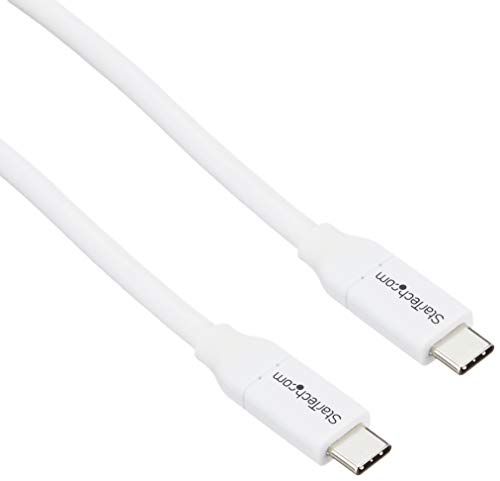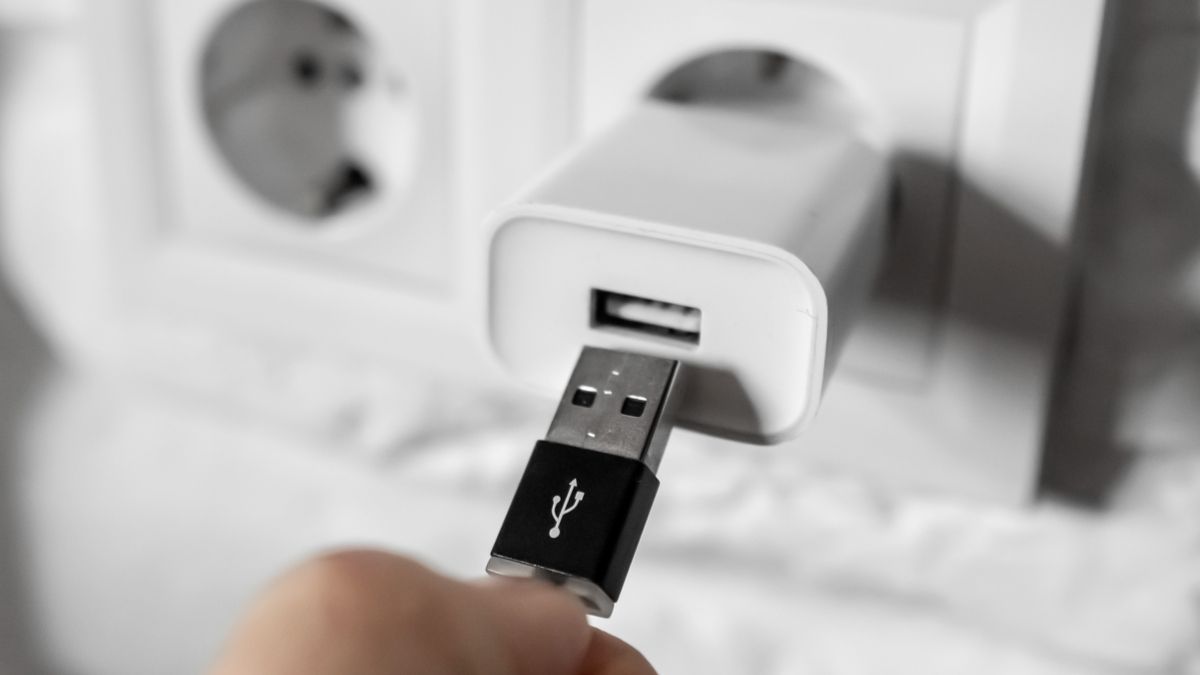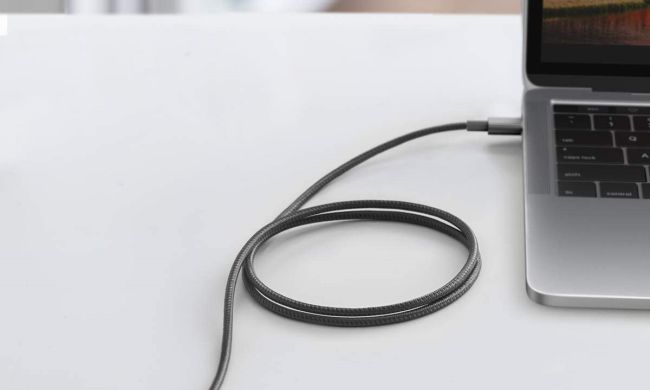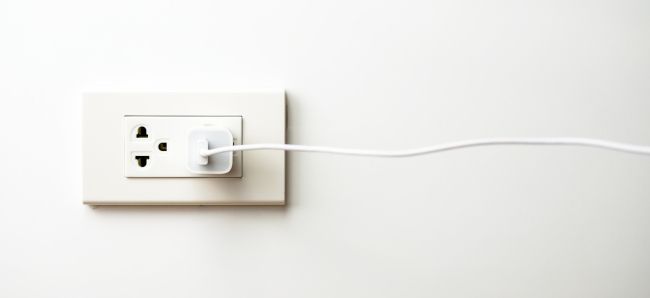Quick Links
From smartphones to laptops, we charge multiple devices each day, and many of them use a USB cable for delivering power. But if you use a cable with more length, are you risking longer charge times? Here's everything you need to know.
Does Cable Length Matter?
The length of a USB cable can impact the amount of power it's delivering from one end to another, but there are several caveats. Additionally, you can't simply say that if you use a long USB cable, you'll get a slower charging speed, or that faster charging always comes with a shorter cable. But before we talk about these caveats, it's essential to understand why the cable length matters.
When an electric current passes through a wire, it's not a free flow. Instead, the current encounters resistance from the wire, which causes energy loss. As a result, voltage drops when the current reaches its destination.
However, the resistance between two points depends on several factors, including not just the length of the wire but also its cross-sectional area, temperature, and the material used in the wire.
The longer a wire is, the more resistance the electric current will experience. So a one-meter cable will have less resistance than a two-meter cable. Similarly, the resistance of a wire increases with an increase in temperature. So if you are charging a device when the surrounding temperature is high, the resistance will also be higher than when the temperature is lower.
However, the resistance is inversely proportional to the cross-sectional area. Meaning if a wire is thicker, the current will get less resistance. But if the wire is thinner, the resistance will be higher. In the US, the wire thickness is commonly measured in gauge. That said, it's important to remember that a lower gauge number indicates thicker wire, whereas a higher one means thinner. So lower gauge wires have lower resistance, and higher gauge wires have higher resistance.
And finally, the electrical resistance also depends on the material from which the wire is made. Silver has the least resistance, followed by copper, gold, and aluminum. USB and other cables typically use copper as it's cheaper than silver, but copper alloys are also used to increase the physical strength of the cables.
All in all, yes, the length of the USB cable matters when it comes to the charging speed. But is the voltage drop significant enough to be noticeable, and do the cable manufacturers account for this voltage drop?
Will a Longer USB Cable Charge Slowly?
By now, it has become clear that there can be a voltage drop if you use a longer USB cable. But, as mentioned, multiple factors can affect the level of the voltage drop. Most important of which is the gauge of the wire. Temperature and wire material don't matter as much because most USB cables typically have copper wires, and your surrounding temperature will not change whether you have a short or long cable.
As voltage drop is an unfortunate reality, USB cable manufacturers typically account for this and use lower gauge wire in long cables to reduce the overall electric resistance. But if a manufacturer has not done so, you may see a meaningful voltage drop in long cables, leading to slower charging. Untrustworthy and no-name brands sometimes try to save money by using higher gauge wire in longer cables.
But you won't encounter this issue if the cable is USB-IF certified and from a reputed brand. USB-IF or USB Implementers Forum is a non-profit that maintains the USB standard, and it has recommended minimum DCR (DC resistance) requirements. According to USB-IF specification (PDF), there shouldn't be more than 500 mV (0.5V) drop in a cable from end to end at the rated maximum current.
To give you an example of what a 0.5V drop might mean for your phone's charging speed, if a charger pushes 3A of current at 5V, your phone should ideally get 15W of charging. But because of the voltage drop, 5V becomes 4.5V, and your phone only gets around 13.5W of charging speed. And 0.5V is the maximum drop in USB-IF certified cables, which you will only see in long cables, such as two, three, or more meters.
So if you plan to buy a long USB cable, look for a USB-IF certified cable from a reputed brand to avoid dealing with slower charging.

StarTech.com USB-C to USB-C cable
This StarTech.com USB-C cable is an excellent long USB cable for charging. It comes with USB-IF certification and supports up to 100W of charging.
Apart from cable manufacturers, fast charging standards, such as Qualcomm Quick Charge, are also mindful of the voltage drop in long, thin cables. As a result, these standards try to minimize charging issues by pushing a high voltage.
Should You Be Concerned About USB Cable Length?
While technically it's true that the length of a USB cable can affect its charging speed, as a consumer, you shouldn't worry about it. Most people would probably never buy a USB cable longer than one or two meters, and the voltage drop is minuscule for these sizes. And if you want a longer USB cable, USB-IF certification and respected brands are your friends. You can also check out our best USB-C cables and the best Lightning cables roundups for cable recommendations.



